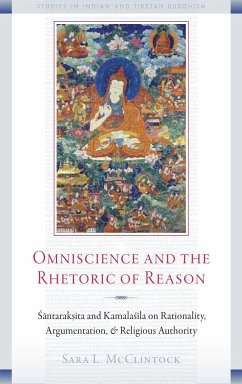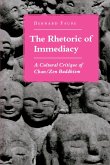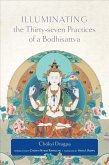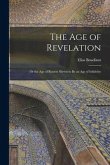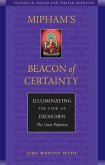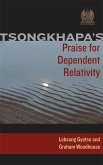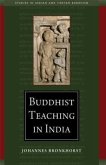The great Buddhist writer Santaraksita (725-88) was central to the Buddhist traditions spread into Tibet. He and his disciple Kamalasila were among the most influential thinkers in classical India. They debated ideas not only within the Buddhist tradition but also with exegetes of other Indian religions, and they both traveled and nurtured Buddhism in Tibet during its infancy there. Their views, however, have been notoriously hard to classify. The present volume examines Santaraksita's encyclopedic Tattvasamgraha and Kamalasila's detailed commentary on that text in his Panjika, two works that have historically been presented together. The works cover all conceivable problems in Buddhist thought and portray Buddhism as a supremely rational faith. One hotly debated topic of their time was omniscience -- infinite, all-compassing knowledge -- whether it was possible and whether one could defensibly claim it as a quality of the Buddha.
Hinweis: Dieser Artikel kann nur an eine deutsche Lieferadresse ausgeliefert werden.
Hinweis: Dieser Artikel kann nur an eine deutsche Lieferadresse ausgeliefert werden.

